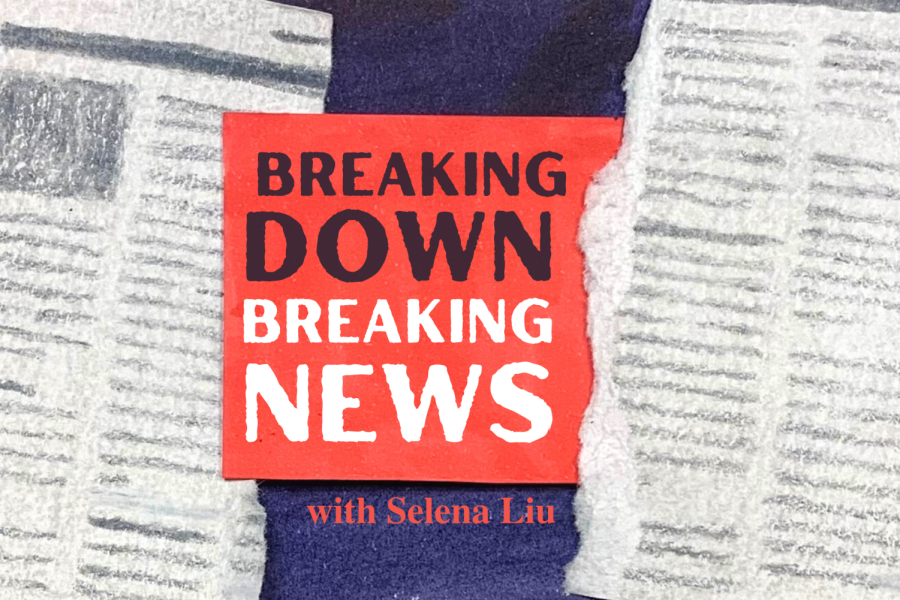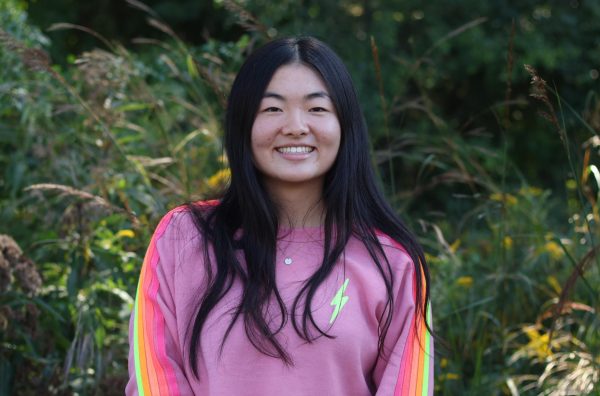What you need to know:
According to recent trackers and hospitalizations, there has been an increase in COVID-19 cases. This is largely due to new strains, such as BA.2.86, which is a new variant of Omicron, the strain from Nov. 2021 that exponentially increased infections. While it’s not clear what the impact of the new variants will be, scientists are studying them.
To combat the spread of new variants, the Food and Drug Administration (FDA) is set to greenlight a new COVID-19 booster shot by as early as next week. Additionally, to reduce the risk of infection, doctors have recommended the same precautions as before, like wearing face masks, using air filtration devices and avoiding crowded spaces.
Although COVID-19 vaccines have reduced cases, new studies have shown that COVID-19 can have long term effects for some patients, especially senior citizens.
Why it matters:
In the past month, some schools in the country have moved back to online learning due to the rise in COVID-19 cases. As the number of patients increases, some places will consider reimplementing virtual classes or mask mandates.
The new COVID-19 booster shot will be the first COVID-19 vaccine not covered by the federal government. As Pfizer and Moderna have indicated the vaccines will cost $110-$130 per dose, it will be up to people’s insurance coverage to determine when they can get the shot.
What are other sources to look at?
“Track Covid-19 in the U.S.” – NY Times
“FDA May Approve New Covid Boosters By Friday As Deaths Spike, Report Says” – Forbes
“Long COVID or Post-COVID Conditions” – Centers for Disease Control and Prevention

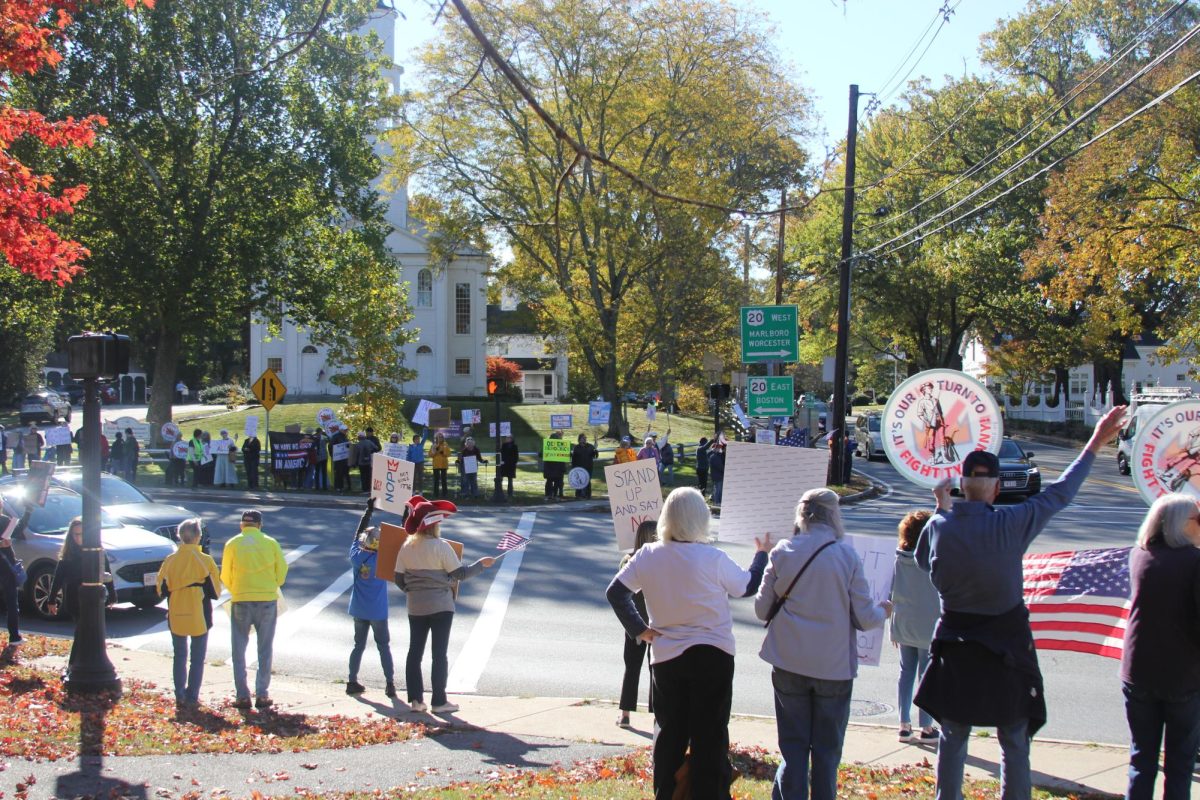









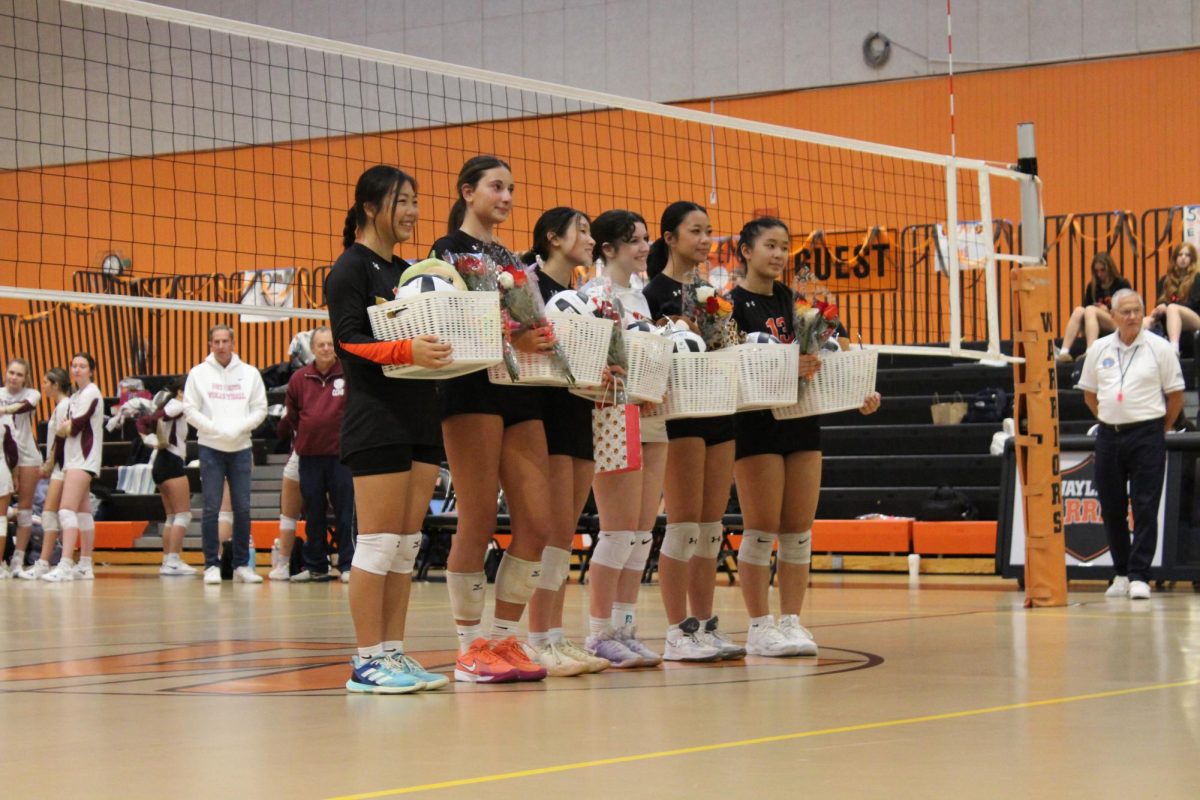


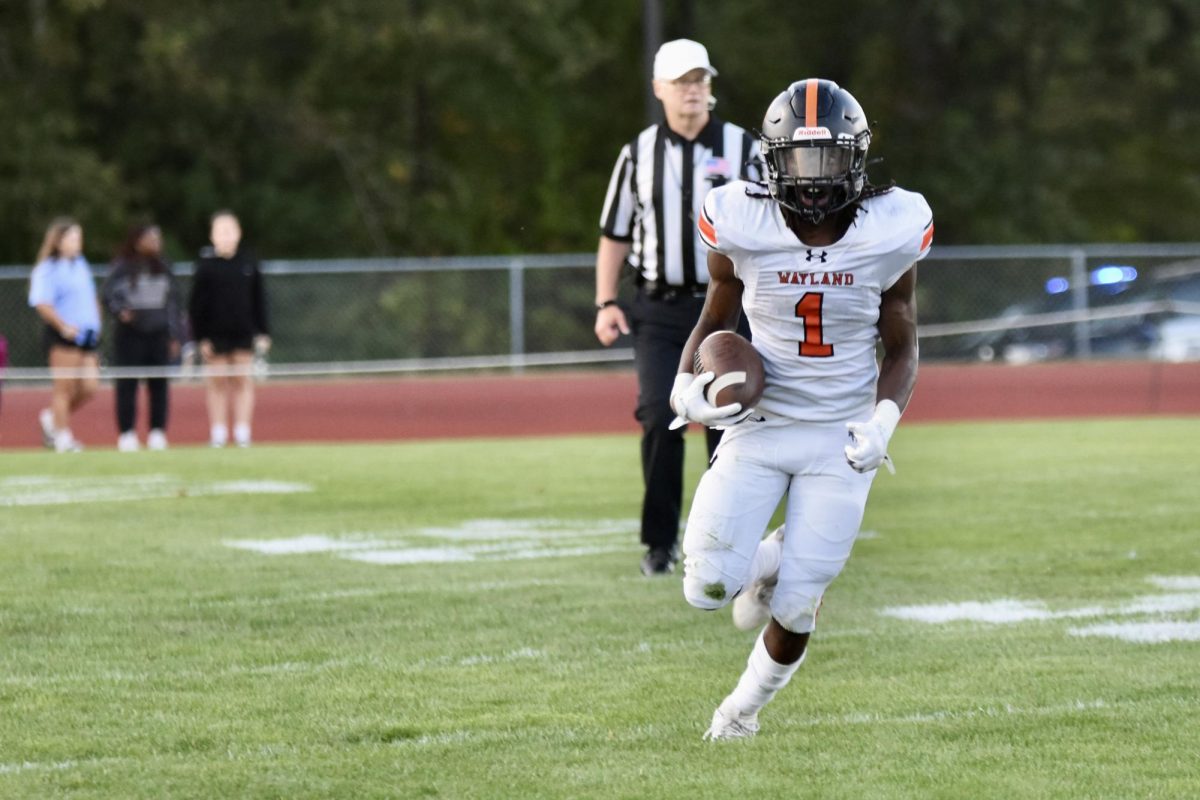
![This year, the Wayland team is made out of a JV team and a varsity team. There is a wide range of grades from eighth grade to twelfth grade that make up the teams. " [What] I will miss most [about the seniors] is their willingness to be involved," sophomore Mackenzie Grogan said. "Whether it was with school drama or referee frustration, they were really good at listening and giving good advice."](https://waylandstudentpress.com/wp-content/uploads/2025/10/8F0FD331-F005-4C3F-9F77-402D1C1953D6_1_201_a-1200x800.jpg)










